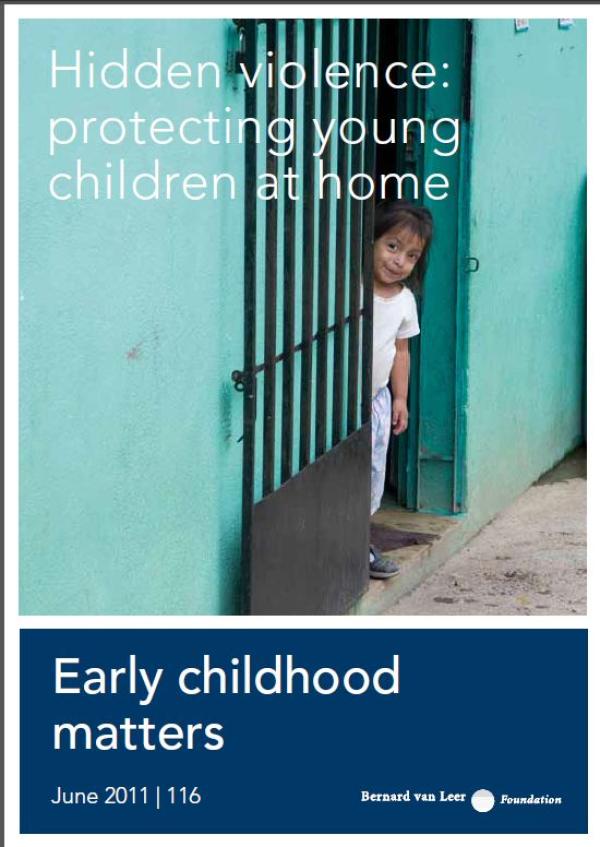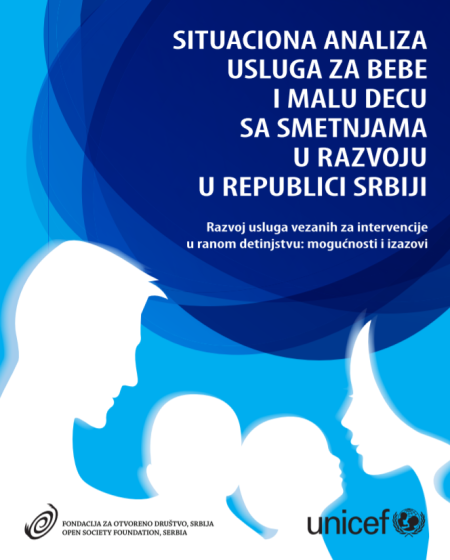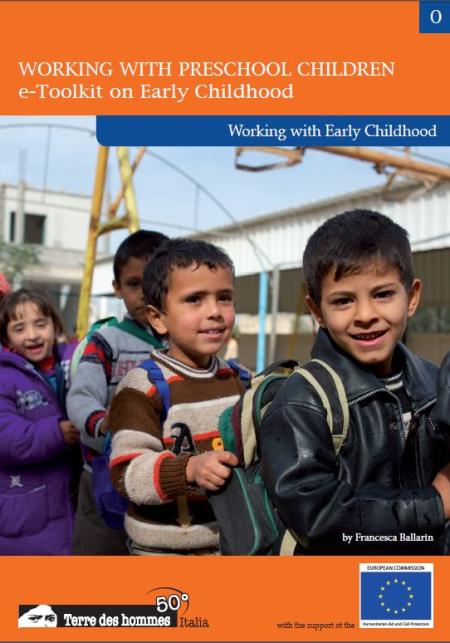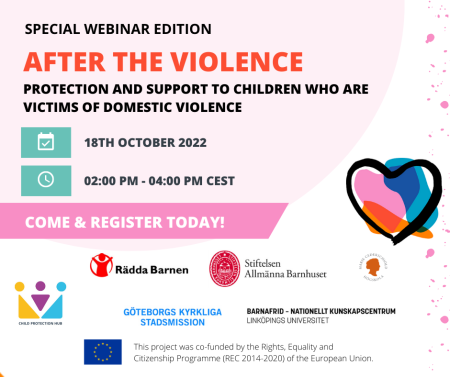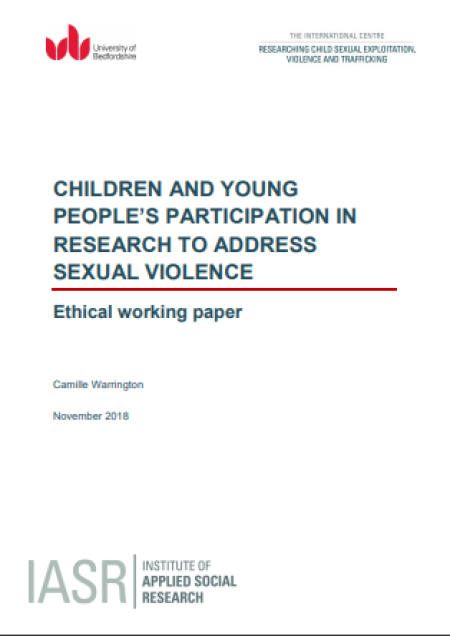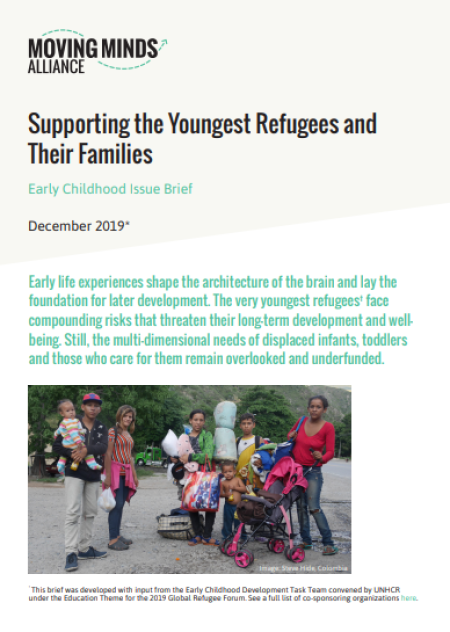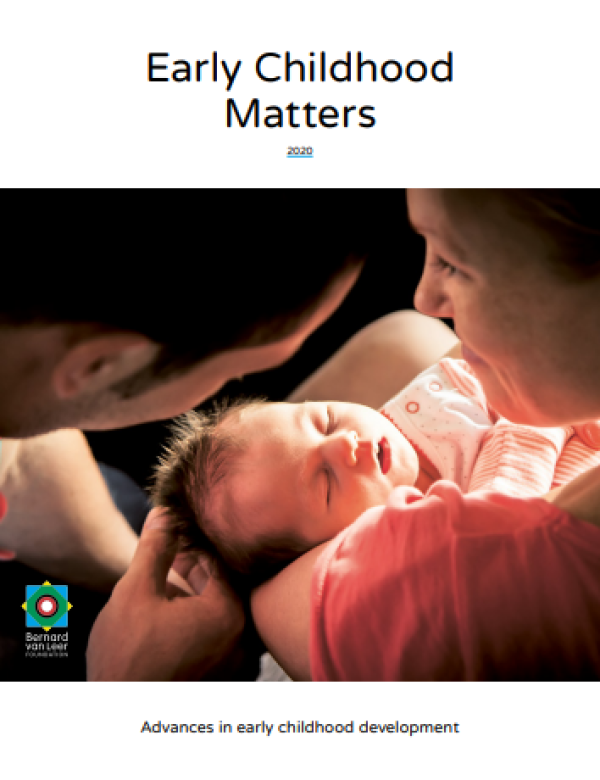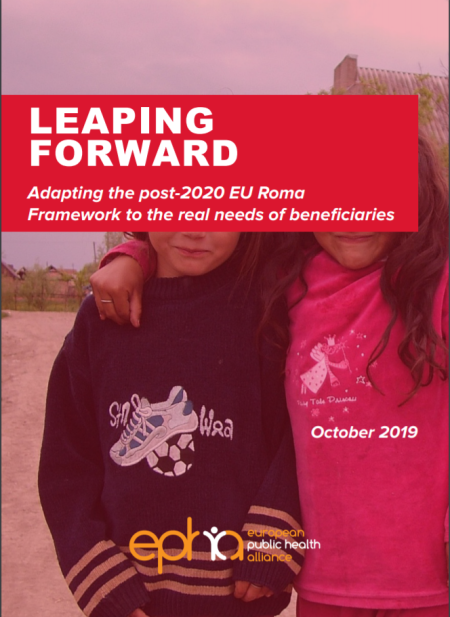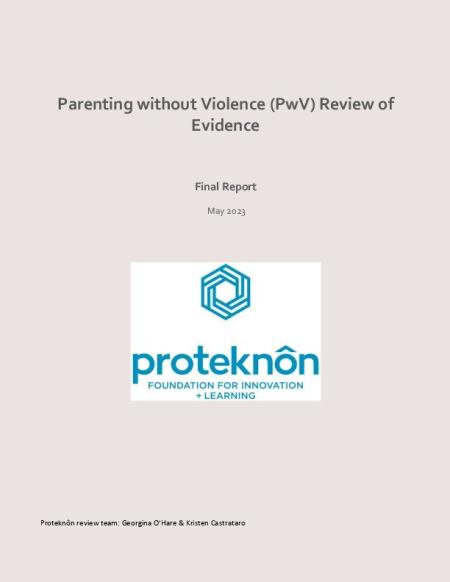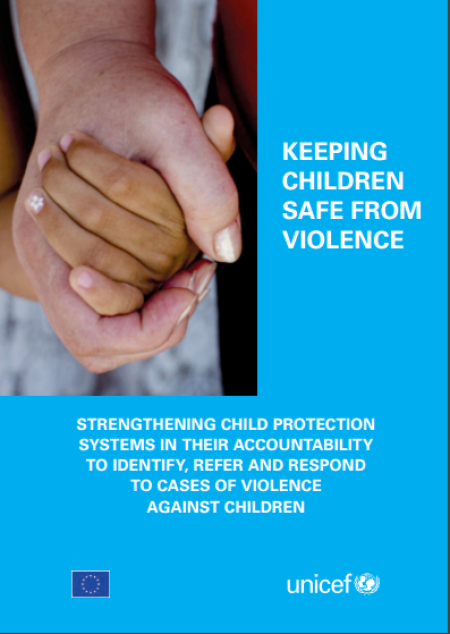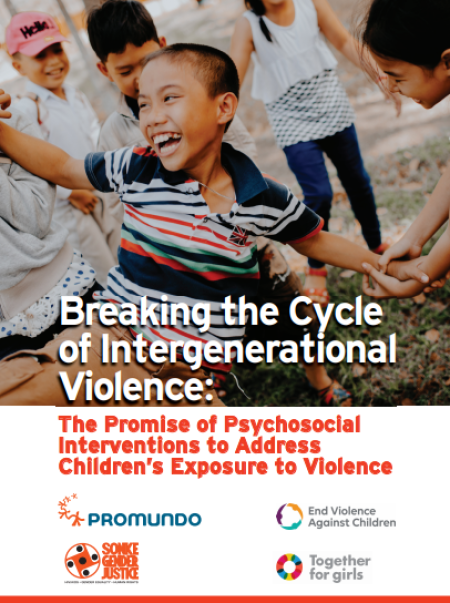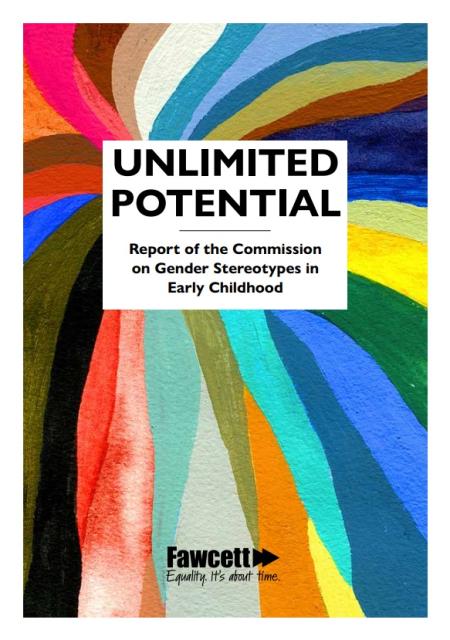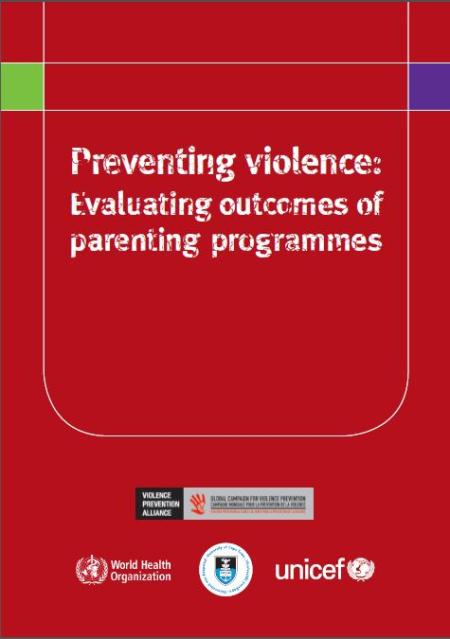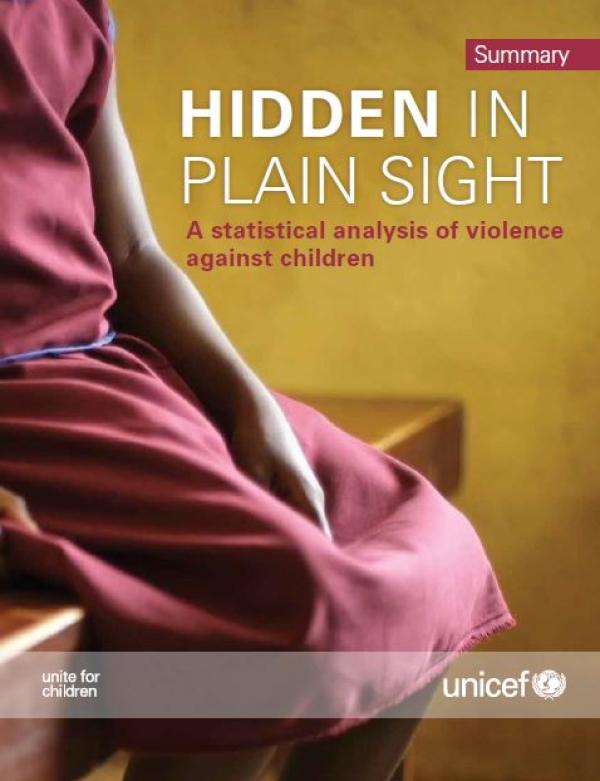
This report presents new research findings from the NSPCC on child maltreatment in the United Kingdom, looking specifically at the prevalence and impact of severe maltreatment. Significant minorities of children and young people in the UK today are experiencing severe maltreatment and this is associated with poorer emotional wellbeing, self-harm, suicidal ideation and delinquent behaviour. The invisibility of violence in young children’s lives: This is especially true when violence happens in young children’s homes and families, the focus of many of the articles in this issue of Early Childhood Matters. This invisibility, and the deeply entrenched social norms and taboos that allow it to be perpetuated, speak to the injustice that violence in young children’s lives represents.The invisibility is particularly apparent when we look at the data. When we ask how many children are exposed to domestic violence around the world, the best approximation is somewhere between 133 and 275 million – and we don’t know if it is going up or down (unicef and The Body Shop, 2006). What is striking about this statistic is not only its size, but its relative imprecision. The data gaps described here constitute a severe obstacle to progress – a theme that comes out strongly in the articles by unicef. While some of the programmes documented in this issue of Early Childhood Matters may require further empirical grounding, each represents a foundation on which to build. Taken as a group, they highlight some key messages: – Tackle social norms – Strengthen families – Engage fathers in the early years They are important signposts of hope that remind us that change is possible, and they have been inspirational to us as we have moved closer to defining our own strategies in the eight countries where our work is concentrated.


